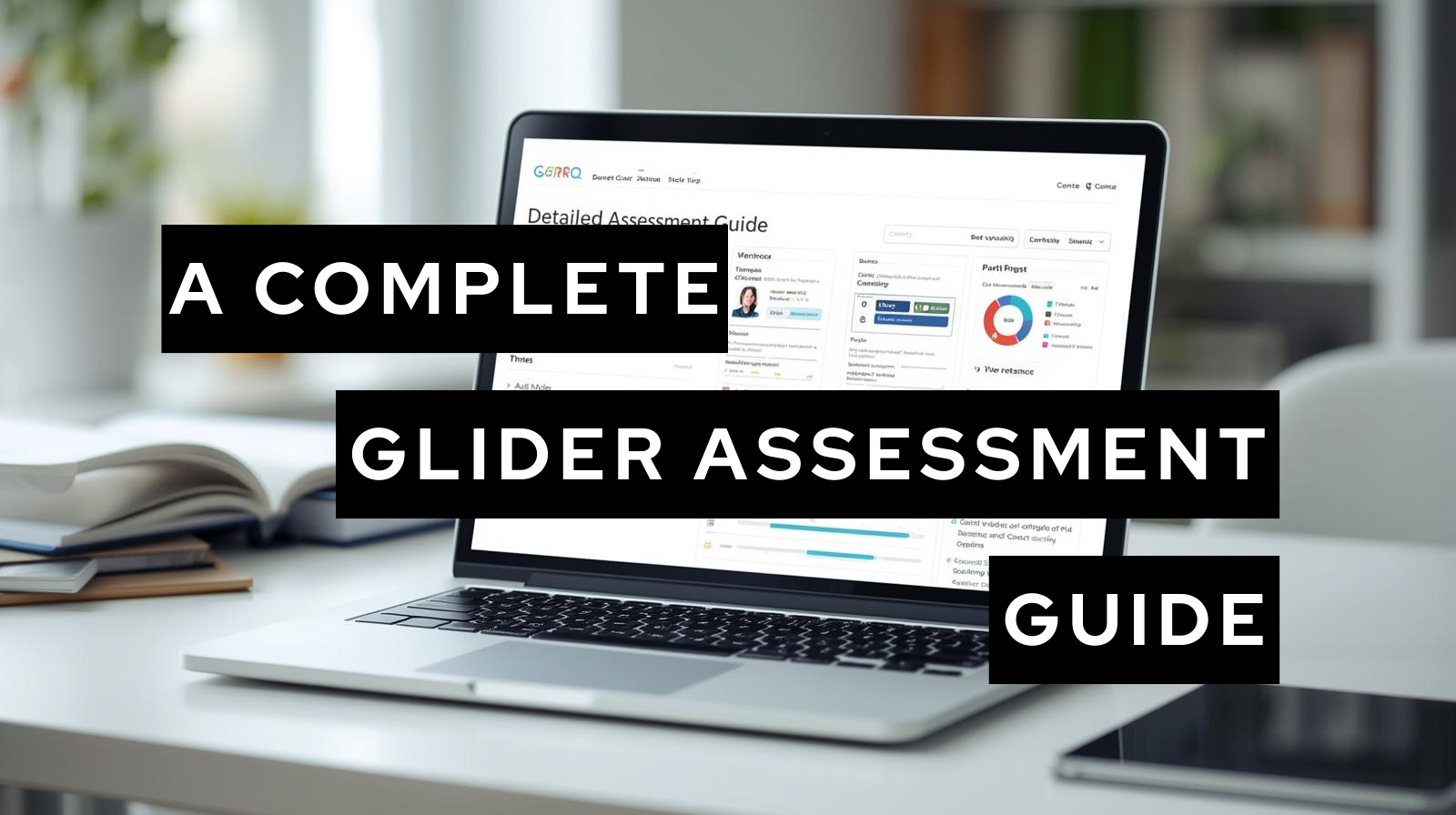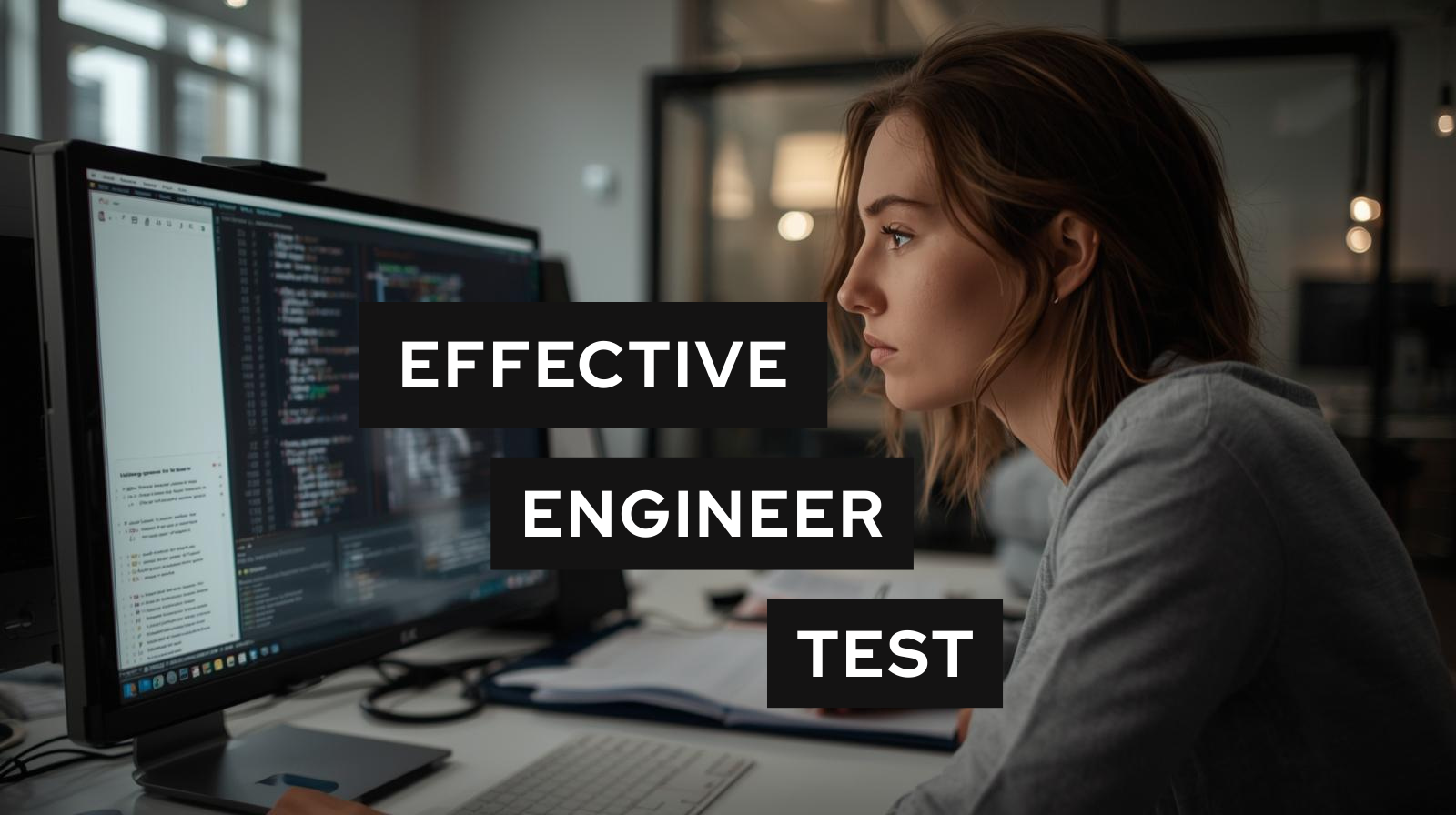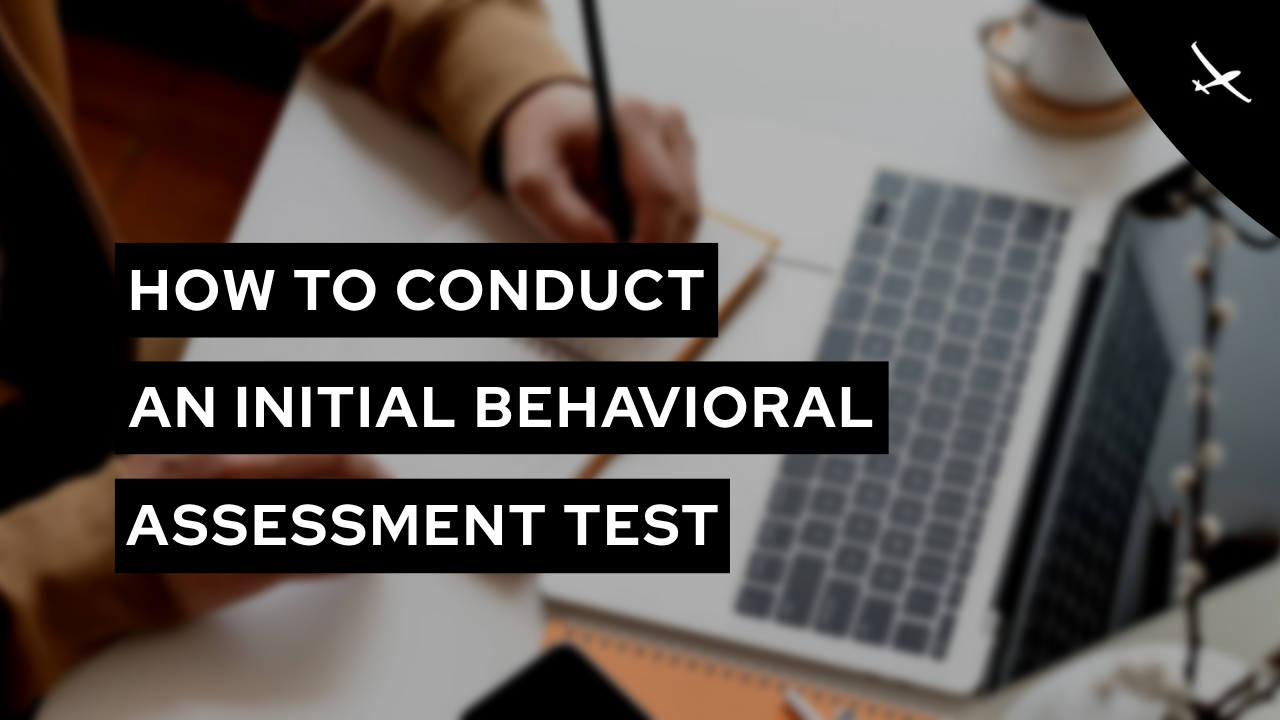
Make talent quality your leading analytic with skills-based hiring solution.

Hiring for non-technical roles presents unique challenges. Resumes often list inferred skills without concrete evidence of a candidate’s real-world capabilities. This influx of unverified talent leaves HR and talent acquisition teams struggling to differentiate top candidates from those with polished but unsubstantiated applications. Glider AI’s non-technical skills assessments offer a transformative approach, helping organizations validate skills and streamline hiring processes with data-driven precision.
A recent survey by SHRM revealed that 85% of hiring managers have encountered candidates who exaggerate or misrepresent their skills on resumes. The rise of AI tools that enhance resumes has only amplified this issue, leading to increased risks of mis-hires and longer recruitment cycles. In fact, a study by CareerBuilder found that a single bad hire can cost a company nearly $15,000, and 74% of companies admit to hiring the wrong person for a position.
85% of hiring managers have encountered candidates who exaggerate or misrepresent their skills on resumes.
Glider AI provides role-specific assessments tailored to functions like marketing, sales, finance, business operations, and more. The platform uses advanced AI technologies to ensure that only the best candidates make it through the hiring process.
Glider AI’s assessments are tailored to specific roles and responsibilities, evaluating candidates through hands-on tasks and situational assessments that mirror real-world challenges.
Glider AI Skills Validation Platform™ assesses candidates on how well they apply their skills in practical scenarios, using AI evaluation of candidate performance to offer unbiased and objective insights.
Beyond evaluating hard skills–how well a candidate addresses the skill requirements of the job–Glider AI assesses critical soft skills and business acumen that are often the key to success in non-technical roles.
One of Glider AI’s standout features is its AI proctoring technology, which ensures the authenticity of assessments.
This feature maintains the integrity of the assessments and provides confidence that candidates’ performances are genuine. A recent study by Talent Board found that 43% of hiring managers discovered fraudulent behavior during unproctored assessments, underscoring the importance of AI proctoring.
A global business services company implemented Glider AI to improve hiring for sales and customer service roles. The company faced challenges with unqualified candidates advancing to final interview stages, wasting valuable time and resources.
Results:
As organizations face increased pressure to make precise hiring decisions, Glider AI offers a robust solution with non-technical skills assessments and AI proctoring. The platform empowers recruiters to make smarter, data-backed decisions, ensuring that new hires possess the right mix of skills and integrity to contribute effectively to business success.

The Glider assessment suite gives hiring teams a structured and reliable way to evaluate skills across technical, functional, behavioral, and coding domains. With a focus on accuracy and fairness, Glider AI helps recruiters identify talent with confidence while creating a clear and supportive experience for candidates. This guide outlines each part of the Glider assessment […]

Engineering roles stay open longer than almost any other position. You know the pattern: a req opens, applications flood in, resumes get reviewed, phone screens happen, and then the pipeline stalls. Candidates who looked strong on paper can’t solve basic problems. Others talk a good game but can’t write functional code. By the time you […]

Hiring behavioral consultants can be challenging. Organizations often rely on resumes and interviews to gauge skills, but these methods rarely reveal how a candidate will perform in real-world scenarios. Misjudging traits like problem-solving, adaptability, and interpersonal skills can lead to mis-hires, wasted training efforts, and lower team productivity. How to Conduct a Initial Behavioral Assessment […]